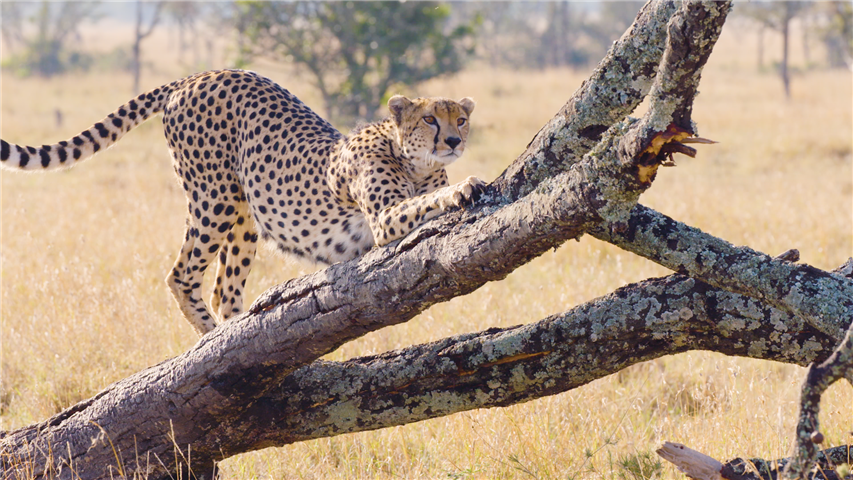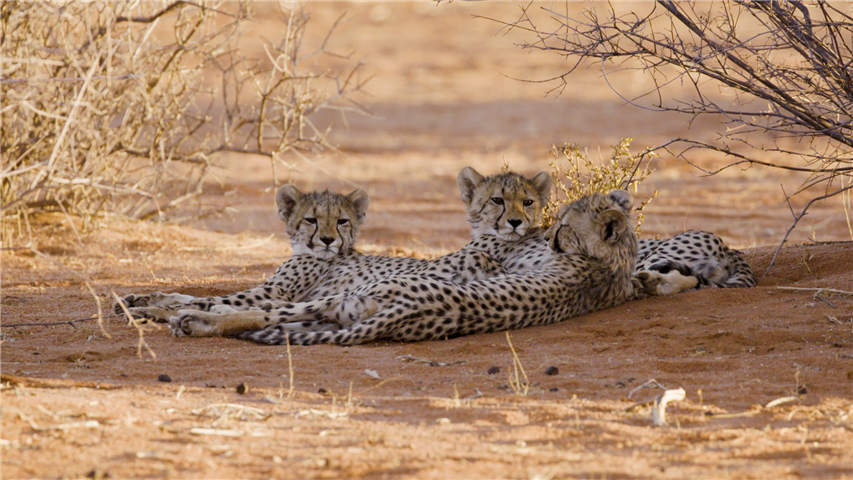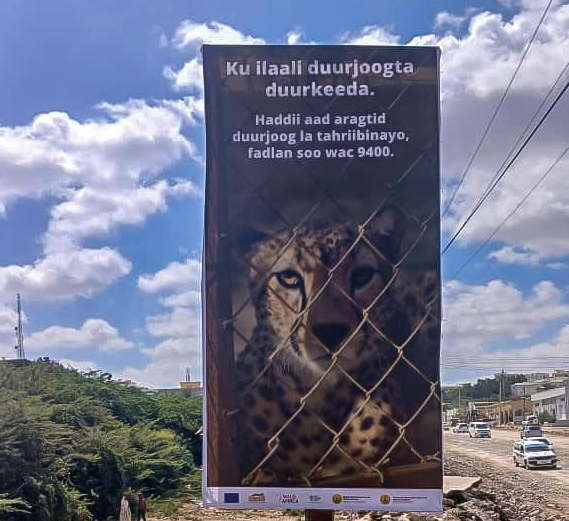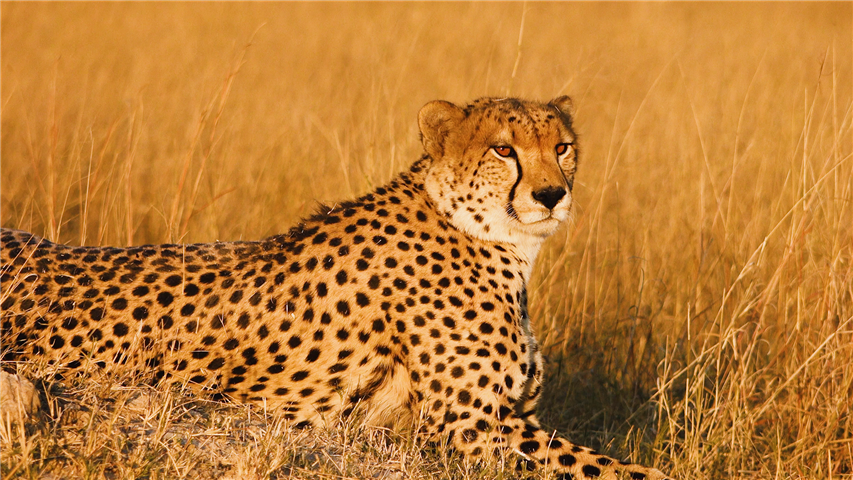NATIONAL NEWS - World Cheetah Day highlights the vulnerability of cheetahs, now numbering less than 7,000, and present in less than 10% of their historic range.
According to the IUCN Red List of Threatened Species, cheetahs are classified as “vulnerable”, which means that they face a high risk of extinction in the wild.
Cheetahs are naturally vulnerable to lions, hyenas and leopards that may steal their kills or kill their cubs, but they predominantly face threats from human activity.
Most of the known cheetah range (77%), as well as the known population (67%), is outside the protection of national parks.
This means that they are more vulnerable than other species to habitat loss caused by agricultural expansion, human-wildlife conflict, climate change; prey loss resulting from overhunting, snaring, and the illegal pet trade which all contribute to their decline.
 A cheetah in the wild in Kenya.
A cheetah in the wild in Kenya.
Due to their shrinking population, surviving individuals often mate with close relatives, leading to inbreeding. This reduces genetic diversity, limiting the population's ability to adapt to environmental changes.
Marna Smit, Director at Ashia Cheetah Conservation, a rescue and rehab facility in Cape Town stated: “While non-profit organisations may champion the cause, a collective effort is required from government, civil society and communities to ensure that future generations are able to admire and enjoy the wonder of the cheetah.”
“As apex predators, cheetahs regulate the food chain and ensure healthy herbivore populations. Protecting cheetahs safeguards these ecosystems—and ultimately, ourselves. Protecting them protects us all,” says Guy Jennings, Southern Africa Director at Wild Africa.
A major threat to East African populations comes from the demand from the Middle East for cheetah cubs as exotic pets.
 Cheetahs in South Africa.
Cheetahs in South Africa.
Cape Town-based organisation Wild Africa, in partnership with the Cheetah Conservation Fund (CCF) and the Government of Somaliland, today launched a major TV, billboard and radio public awareness campaign in Somaliland (see campaign launch video) where hundreds of cheetahs have been smuggled en route to the Middle East.
Taken as cubs, many die from malnutrition in transit or often only survive a few years in captivity. CCF’s Rescue and Rehab center is home to nearly 100 rescued animals.
The campaign urges the public to report smuggling and will emphasize the strict penalties now in place.



Wild Africa’s CEO, Peter Knights, said: “It’s encouraging that Somaliland, barely recognised as a nation and with so many pressing challenges, is acting so decisively to stamp out this trade and protect the remaining cheetah in the horn of Africa.”
World-renowned cheetah expert and CCF founder, Dr Laurie Marker stated: “There may be only 400 or so cheetahs in the horn of Africa. We have rescued nearly a hundred, and many more died en route or prematurely in captivity. We must end this trade before it's too late.”
Fortunately, there is still hope for cheetahs, and many ways we can support them.
This World Cheetah Day, the public is encouraged to get involved.
- Visit national parks and support conservation programs; a portion of entry fees to these go towards wildlife protection.
- Stay informed and share educational messaging around cheetah conservation to raise awareness.
- Report wildlife crime and illegal activities that can endanger cheetahs. This includes the illegal pet trade, snaring and trespassing into conservation spaces.
- Advocate for solutions that can reduce human-wildlife conflict, like predator-proof bomas and livestock guarding dogs.
 Photo taken in Zimbabwe. Photos: Supplied
Photo taken in Zimbabwe. Photos: Supplied
‘We bring you the latest Garden Route, Hessequa, Karoo news’
















